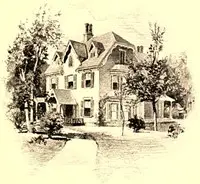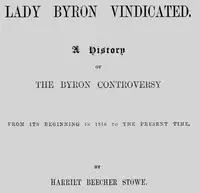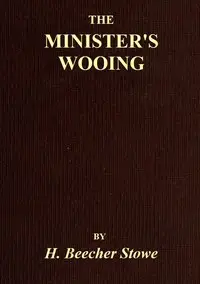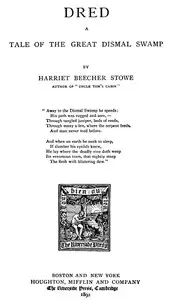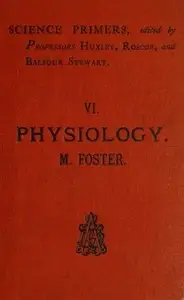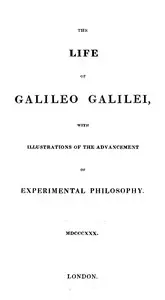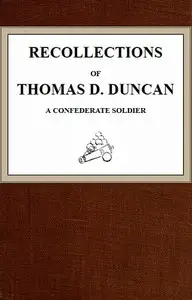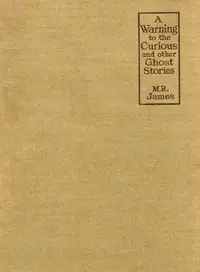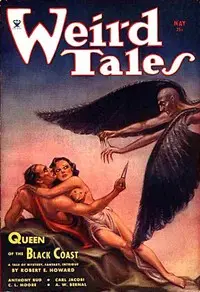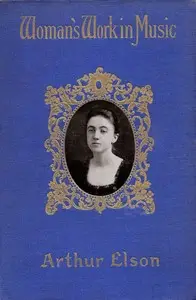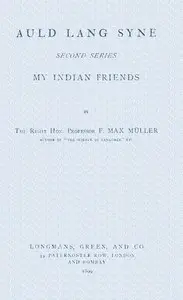"Men of Our Times; Or, Leading Patriots of the Day" by Harriet Beecher Stowe is a historical account written in the late 19th century. This work features narratives of the lives and deeds of prominent figures such as statesmen, generals, and orators from the era surrounding the American Civil War. Notable individuals like Abraham Lincoln and Ulysses S. Grant are included, showcasing their contributions to the political landscape of their time. The opening of the book sets the context by emphasizing the significance of the character and moral influence of these leading men during a tumultuous period in American history. It highlights the collective struggle for principles of equality and liberty that not only impacted the nation but resonated globally, framing the Civil War as a pivotal moment for oppressed classes worldwide. Stowe expresses a desire to honor these figures not just as historical figures but as exemplars of moral courage and fortitude, reflecting on their formative influences and the societal conditions that shaped their paths to leadership. (This is an automatically generated summary.)
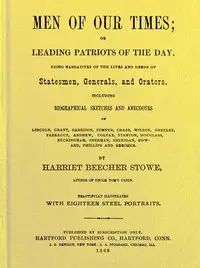
Men of Our Times; Or, Leading Patriots of the Day Being narratives of the lives and deeds of statesmen, generals, and orators. Including biographical sketches and anecdotes of Lincoln, Grant, Garrison, Sumner, Chase, Wilson, Greeley, Farragut, Andrew, Colfax, Stanton, Douglass, Buckingham, Sherman, Sheridan, Howard, Phillips and Beecher.
By Harriet Beecher Stowe
"Men of Our Times; Or, Leading Patriots of the Day" by Harriet Beecher Stowe is a historical account written in the late 19th century. This work featu...
Harriet Elisabeth Beecher Stowe was an American author and abolitionist. She came from the religious Beecher family and wrote the popular novel Uncle Tom's Cabin (1852), which depicts the harsh conditions experienced by enslaved African Americans. The book reached an audience of millions as a novel and play, and became influential in the United States and in Great Britain, energizing anti-slavery forces in the American North, while provoking widespread anger in the South. Stowe wrote 30 books, including novels, three travel memoirs, and collections of articles and letters. She was influential both for her writings as well as for her public stances and debates on social issues of the day.

